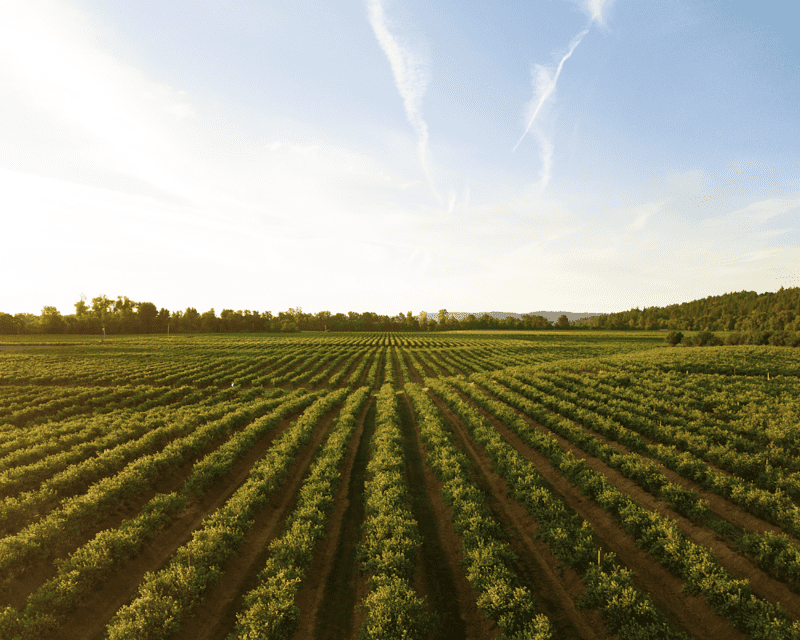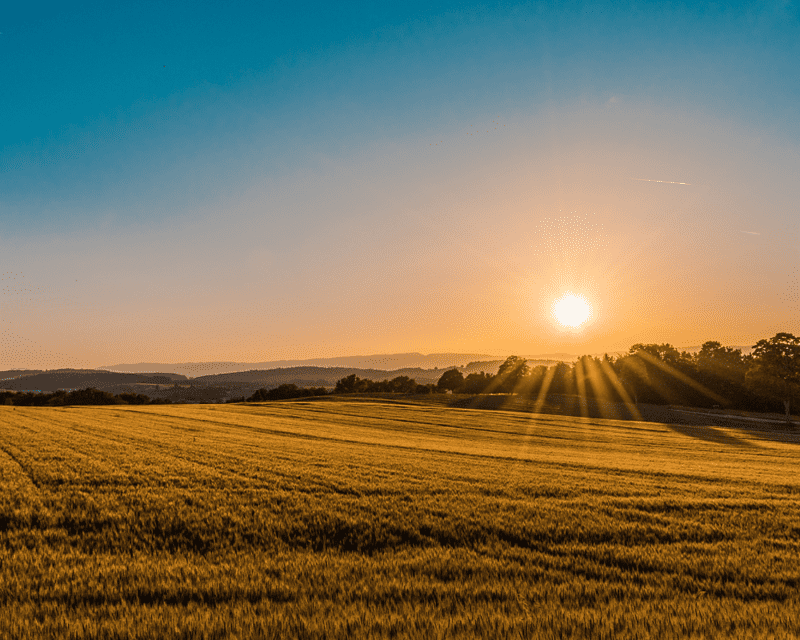So, you have decided to take the plunge and move to a farm. Whether it is for a more straightforward way of life, to be closer to nature, or to start your own business, there are many reasons why people make this choice. However, there are also many things to consider before making such a big move. From the long hours and hard work to the cost of running a farm and the potential issues your animals might face, we will explore six things you need to be aware of before moving to a farm. Read on to expand your knowledge of all things agricultural!
Long Hours

If you are considering a move to the country to run a farm, there are a few things you should be aware of before making the big decision. For one, farming involves long days. You will be working all the hours when the sun is up, often in hot or cold weather conditions.
Do not forget that farming is a lifestyle choice. It is not just a job that you attend 9-5, but it is a way of life. You do not clock out in the afternoon. Things that need your attention around the clock can happen. If you are not ready for that kind of commitment, then it is probably not the right choice for you. But if you are willing to put in the long hours, then a farm can be a very rewarding experience.
Hard Work
What’s more, farming is hard work. Yes, it is a beautiful lifestyle and can be very rewarding, but it is not easy. You need to have a large breadth of knowledge about crops and animals to be a good farmer. There is also a lot of physical labour involved in agriculture, so you must be prepared for that.
Financial Commitment
Farming is undeniably a substantial financial commitment, and it comes with a multitude of upfront costs that demand your attention. These expenses encompass the acquisition of land, procurement of essential equipment, the purchase of livestock, and investment in seeds or plants. In addition to these initial financial outlays, you must also factor in ongoing expenses such as feed, water, electricity, labour, and, last but by no means least, you need to safeguard your agricultural operations for further information view farm insurance here.
If you are not careful, farming can quickly become a very expensive proposition. Make sure you have a plan for how to budget, or consider your options like crop input financing and eventually turn a profit farming.
Animal Welfare
You will need to read up on the lives and health needs of all of the animals you farm. This includes awareness of mastitis in cows, sheep lice, and exudative dermatitis in pigs. Whatever livestock you have on-site is your responsibility. Animals deserve the very best in life, and your job is to be an ethical and knowledgeable farmer. Make sure you know all the necessary treatments and that you have a number of experts who you can call when your animals need attention.
The Isolation

Most farms are located in rural areas with few neighbours and little public transportation. This can be a challenge if you are not used to it, but it is also one of the things that makes living on a farm so special. Be prepared for the isolation before making a move, otherwise, it can be quite a shock.
The Weather
The weather can be a big factor in whether or not farming is a good option for you. If you are not used to the cold, you might want to reconsider moving to a farm in a colder climate. Even if you are used to the cold, it can still be a shock when you have to go outside and work in the rain and wind all day. Make sure you are prepared for the temperature change before making a move.
Moreover, too much rain can ruin certain crops, and not enough rain can make it difficult to grow anything at all. Pay attention to the weather patterns in the area before making your final decision.
This has been a brief guide to deciding whether or not you want to move to a farm. With the right attitude and knowledge base, you can make a huge success out of moving to a farm and starting a new chapter in life. However, before you take the plunge, remember to consider these factors. Working on a farm involves long hours and manual labour. You need to be prepared to spend money in order to make any, and you have to know how to look after your animals properly. Whether it is mastitis or lice, you have to know who to call and how to handle the situation. Moreover, remember that farms can be isolated and that you will be working outside all day, regardless of the weather.
